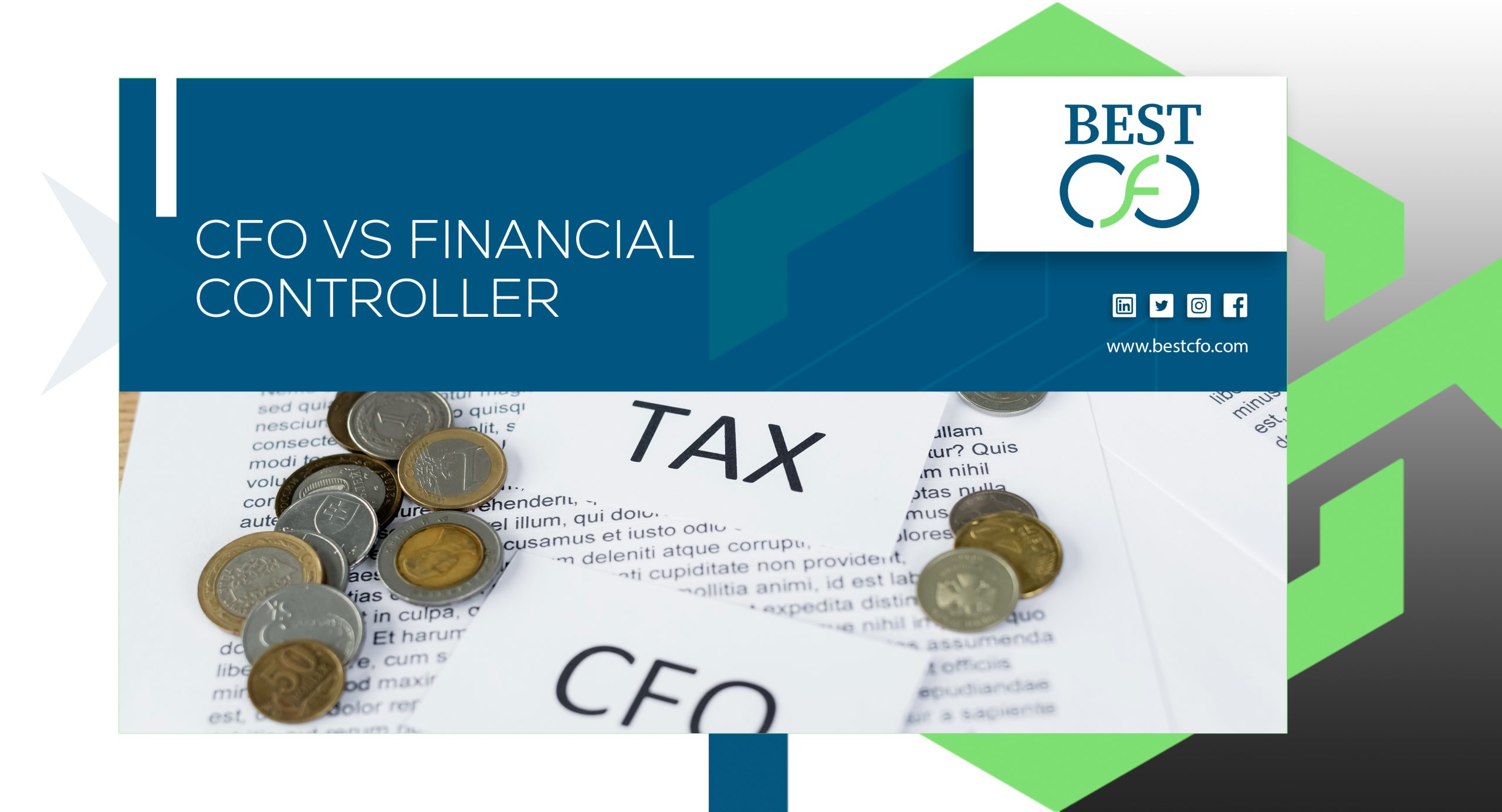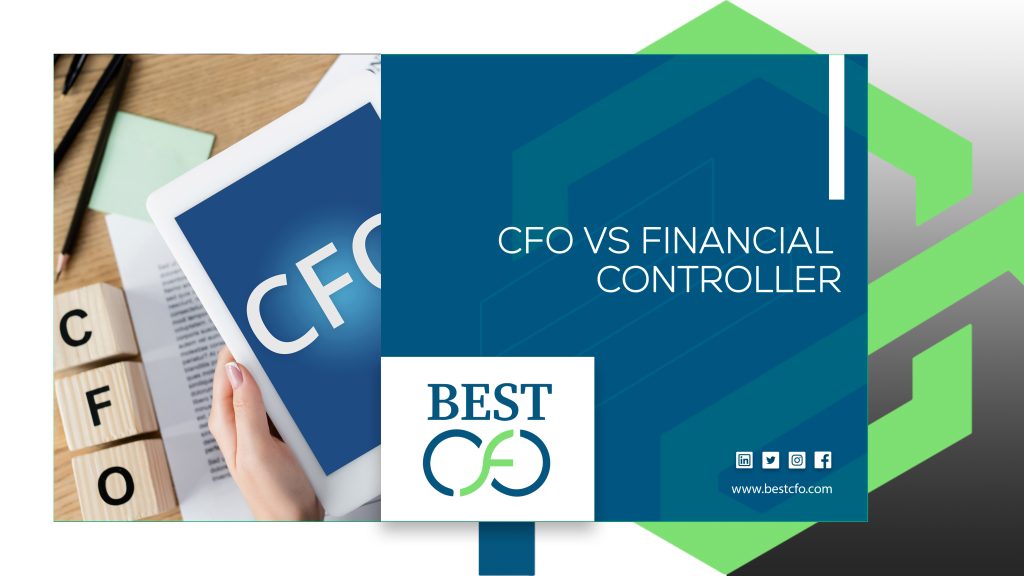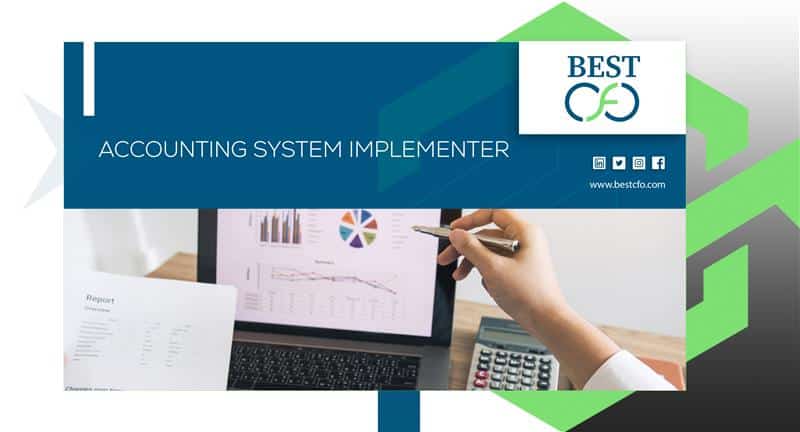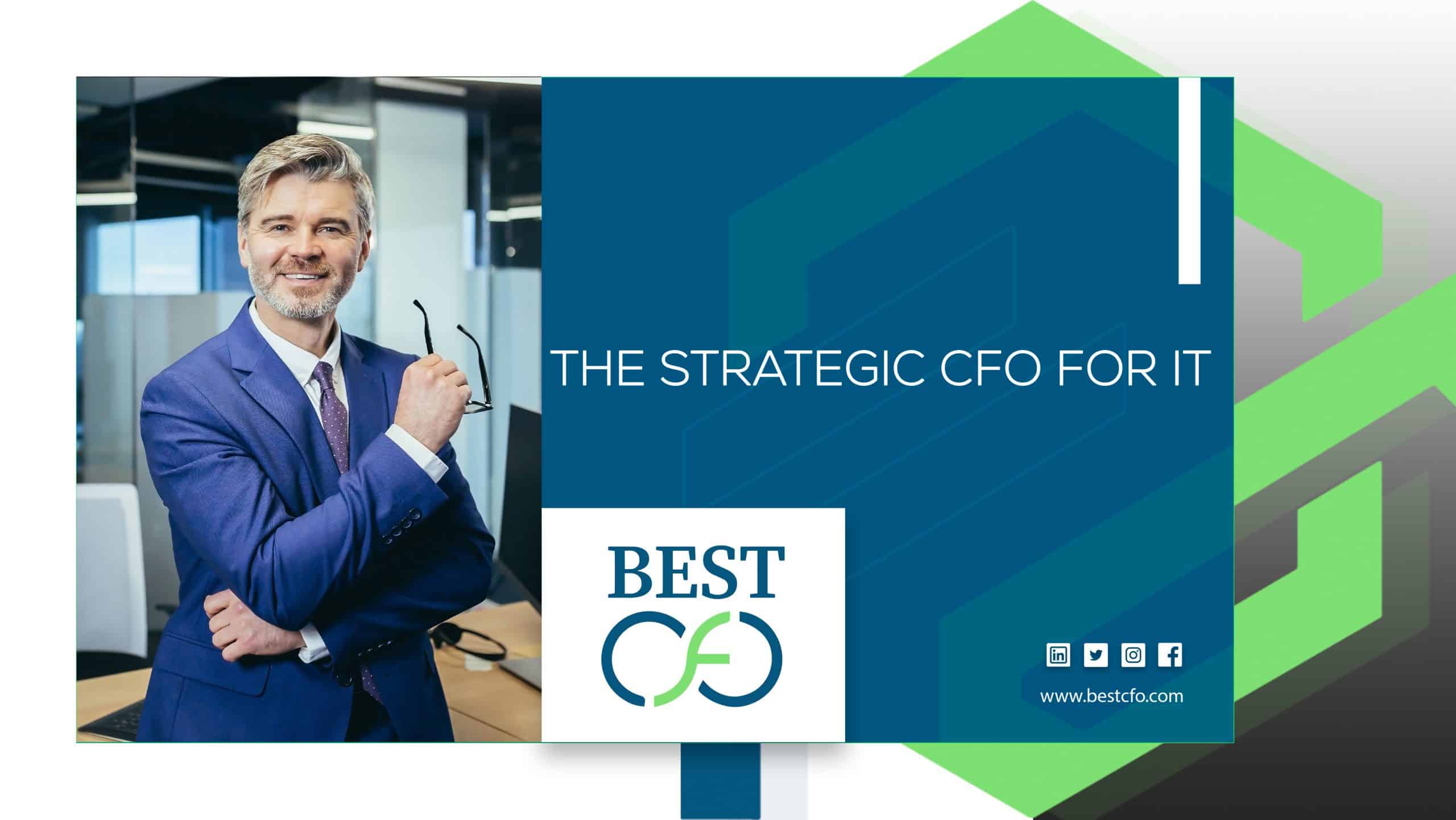
| Getting your Trinity Audio player ready... |
CFO vs Financial Controller: How Each Drives Business Growth
In 2023, companies with dedicated CFOs saw their revenue grow 15% faster than those without. That’s impressive—but where does that leave Financial Controllers? As the world of business finance becomes more complex, having the right leaders is key to lasting success.
Both CFOs and Financial Controllers are critical to a company’s financial health. However, they play very different roles in how they help a business grow and scale. This blog will break down their responsibilities, compare their strategies, and show how these roles work together to build strong, growing companies.
What is a CFO?
The Chief Financial Officer (CFO) is a top-level executive who plans a company’s future using smart financial strategies. They don’t just look at numbers—they shape the direction of the company.
Core Responsibilities:
- Long-term strategic planning
- Managing investor relations
- Leading risk management
- Overseeing mergers and acquisitions (M&A)
- Making smart choices about where to put the company’s money (capital allocation)
The CFO connects different parts of the company, like finance, operations, and the board of directors, to make sure they all work toward the same goals.
Key Traits:
- Visionary leadership
- Ability to think about the big picture
- Strong skills in managing stakeholders, including investors, partners, and banks
What is a Financial Controller?
A Financial Controller is focused on making sure the day-to-day numbers are correct. They are experts in accounting, and they ensure all financial data is clear, accurate, and ready for others to use.
Core Responsibilities:
- Overseeing bookkeeping and accounting
- Making sure the company follows laws and regulations (compliance)
- Preparing financial statements like profit & loss, balance sheets, and cash flow reports
- Strengthening internal controls to prevent errors or fraud
They are the backbone of financial accuracy and discipline, making sure everything runs smoothly behind the scenes.
Key Traits:
- Strong attention to detail
- Process-focused
- Expert in compliance and financial rules, including GAAP (Generally Accepted Accounting Principles)
Key Differences Between CFO vs Financial Controller
Feature | CFO | Financial Controller |
Main Focus | Long-term growth strategy | Day-to-day financial accuracy |
Reports To | CEO and Board of Directors | CFO |
Handles | Planning, fundraising, strategy | Accounting, compliance, reporting |
Traits | Visionary, strategic, persuasive | Detailed, structured, consistent |
Scope | Company-wide, external relations | Internal systems and controls |
CFO vs Financial Controller: Strategic and Operational Focus
A CFO shapes the future of the business. They make plans based on market trends and help the company grow in smart ways. A Controller, meanwhile, safeguards the present by making sure today’s financial data is solid and trustworthy.
Scope of Influence: CFO vs Financial Controller
The CFO works across departments to support big-picture goals, while the Controller focuses on accounting systems and making them run better. For example, the CFO may guide corporate finance moves like fundraising or buying another company. The Controller ensures internal controls are strong to support those moves.
CFO vs Financial Controller: External and Internal Facing
The CFO talks with banks, investors, the U.S. Securities and Exchange Commission (SEC), and others outside the company. The Controller works closely with internal teams like accountants, auditors, and department leads to keep financial records clean and clear.
Decision-Making Authority: CFO vs Financial Controller
A CFO advises the CEO, helps shape company policies, and reports to the board of directors. The Controller creates the policies and makes sure everyone follows them, keeping the company safe from mistakes and legal trouble.
How a CFO Drives Business Growth
Here is how a CFO improves your business growth:
Strategic Financial Planning
CFOs build 3–5-year plans that aim for smart and steady growth. They study business economics, plan where money should go (like into new products or R&D), and help the company forecast its future.
Fundraising and Investor Relations
CFOs raise money through equity or debt financing, lead IPO planning, and handle venture capital rounds. They also keep investors informed and happy.
Risk Management and Innovation
By spotting market risks, planning for recessions, and using tools like predictive analytics and AI, CFOs help companies stay ahead of danger while staying open to new ideas.

Mergers, Acquisitions, and Partnerships
CFOs lead big projects like buying other companies or forming partnerships, making sure the deals fit the company’s long-term plan.
How a Financial Controller Drives Business Growth
The following are the ways financial controller grow business:
Accurate Financial Reporting
Controllers make sure reports like the income statement, balance sheet, and cash flow statement are correct. These reports help leaders make smart, data-driven choices.
Cost Management and Efficiency
Controllers save money by spotting waste, renegotiating contracts, and using automation software to cut errors.
Compliance and Fraud Prevention
By following the law and doing regular audits, Controllers help avoid costly fines and legal problems. They also use strong internal audits to keep fraud out.
Cash Flow Optimization
Controllers track accounts receivable and accounts payable, keeping the business’s money flowing. They give advice on managing working capital to boost stability.
Collaboration: How CFOs and Controllers Unlock Synergy
These two roles work best when they work together.
- The Controller gives the CFO clean, reliable data. This helps the CFO decide where to invest.
- The CFO sets company goals. The Controller uses those goals to make budgets and track spending.
Best Practices: Companies that encourage cross-departmental meetings and shared goals (KPIs) see better results.
When to Hire a CFO vs. a Financial Controller
- Startups and Scale-Ups: Start with a Controller to build a solid foundation. Hire a CFO when raising funds, entering new markets, or expanding.
- Mature Companies: Most large firms need both roles to balance growth and control.
- Industry Insights:
- Tech companies need CFOs for venture capital and scaling.
- Manufacturing firms lean on Controllers to cut supply chain costs.
Case Studies: CFO vs Financial Controller
- Tech Unicorn: A CFO raised $50M in Series B funding while the Controller improved SaaS billing, lowering Days Sales Outstanding (DSO) by 20%.
- Retail Chain: A Controller saved 15% on shipping costs; the CFO used the savings to grow e-commerce operations.
Conclusion
In today’s fast-changing economy, the roles of CFO vs Financial Controller are more important than ever. The CFO plans and guides the company toward the future. The Controller keeps everything running smoothly in the present.
Together, they give a company both the vision and the control it needs to succeed. If your business wants to grow smart and stay safe, the real secret is having both on your team.
Looking for the Best CFO to lead your next stage of growth? Make sure they have the right Controller by their side.
FAQs
1: Who earns more—CFO or Financial Controller?
Typically, a CFO’s salary is higher due to their strategic role and executive position. However, both roles are well-paid, especially in large corporations.
2: Is a Controller the same as a Chief Operating Officer (COO)?
No. The COO handles daily business operations, while the Controller focuses on financial reporting and internal controls.
3: Can a Controller become a CFO?
Yes. Many CFOs started as Controllers. To move up, a Controller should build skills in strategy, investment, and leadership.
4: What qualifications do CFOs and Controllers need?
Both often hold CPA (Certified Public Accountant) or CMA (Certified Management Accountant) certifications. CFOs may also have an MBA or other leadership training.
5: Is a Virtual CFO the same as a full-time CFO?
A Virtual CFO offers part-time or remote support, often for startup companies or nonprofits that don’t yet need or can’t afford a full-time executive.
Related Posts
Do I Need An Accountant As A Sole Trader?
Do I Need An Accountant As A Sole Trader? Are you a sole trader running…
Fractional Finance 101: Unlocking the Power of Micro-Investing
Fractional Finance 101: Unlocking the Power of Micro-Investing Have you ever looked at the price…
Cash or Accrual Accounting: Which One Should You Use?
Cash or Accrual Accounting: Which One Should You Use? Many businesses have a choice between…
Top Accounting System Implementer – QuickBooks & More
Top Accounting System Implementer – QuickBooks & More Choosing the right accounting software is one…
 Demos
Demos  Colors
Colors  Docs
Docs  Support
Support 














